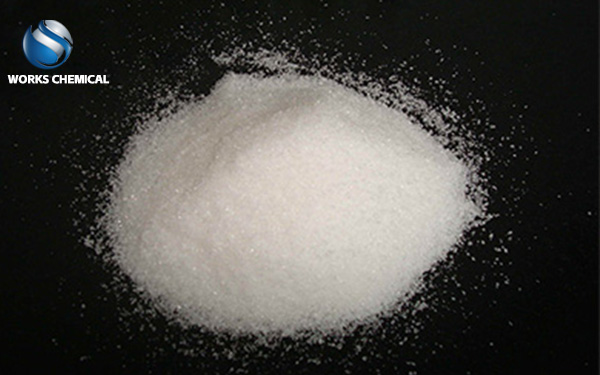
Indeed, the choice of agents is one of the keys to solve the poor dewatering effect of sludge. In the process of sludge dewatering, the use of chemicals can significantly improve the dewatering performance of sludge and increase the dewatering efficiency. The following is a detailed analysis of the selection of sludge dewatering agents:

One,Types of sludge dewatering agents
Sludge dewatering agents mainly include inorganic coagulants, organic polymer coagulants and composite coagulants.
Inorganic coagulants: mainly aluminum salts, iron salts and their polymers. Aluminum salts such as aluminum sulfate, alum and aluminum trichloride; Iron salts such as ferric chloride, chlorinated green alum, green alum, iron sulfate, etc. Polymeric inorganic salt coagulants such as polyaluminum chloride (PAC), polyferric chloride (PFC), etc., are currently commonly used inorganic polymer flocculants. Organic polymer coagulant: mainly organic polymer polyelectrolyte, according to the degree of polymerization is divided into low polymerization degree and high polymerization degree of two, according to the ionic type is divided into cationic type, anionic type, non-ionic type and Yin and Yang ionic type. Polyacrylamide (PAM) is a commonly used organic polymer coagulant.
Two, the principle of drug selection
Selection according to sludge properties: sludge with different properties has different responses to chemicals. For example, activated sludge tends to be poorly dehydrated, while sludge after anaerobic digestion has better dewatering performance. Therefore, in the selection of agents, it is necessary to understand the source, nature, composition and solid content of the sludge. For organic sludge, cationic polyacrylamide is usually selected. For inorganic sludge, anionic polyacrylamide is selected.
Consider the applicability of the agent: Although inorganic coagulant is cheap and easy to obtain, it is greatly affected by pH, and may increase the residue of mud cake metal and chloride ions, which is easy to produce secondary pollution. Organic polymer coagulants have the advantages of large molecular weight, small dosage, little influence by environmental factors, and strong flocculation ability. Therefore, when selecting the agent, it is necessary to consider its applicability comprehensively.
Determine the optimal dosage: The dosage of the agent directly affects the sludge dewatering effect. Too little dosage may not achieve the desired dehydration effect, while too much dosage may increase the processing cost and create unnecessary waste. Therefore, it is necessary to determine the optimal dosage by experiment.
Three, the use of medicine precautions
Dosing order: When multiple agents are used, the dosing order may affect the conditioning effect. For example, when choosing to use iron salt and lime, iron salt should be added before lime; When organic and inorganic coagulants are used for combined conditioning, inorganic agents are generally added first and then organic agents.
Uniform mixing: The agent needs to be fully mixed with the sludge to achieve the best effect. Therefore, when dosing the agent, it is necessary to ensure that the mixture is uniform.
Adjust the pH value: Some agents are greatly affected by the pH value, so the pH value of the sludge needs to be adjusted according to the actual situation during use.
Four. Case Sharing
An ideal sludge moisture content was obtained by adding polyaluminum chloride and polyferric sulfate (about 1%-3%), cationic polyacrylamide (0.1%-0.3%), ferric chloride (5%-10%) and slaked lime (20%-40%) during sludge treatment in a municipal sewage plant. This fully demonstrates the importance of chemical selection and use in the process of sludge dewatering.
In summary, the selection and use of agents play a key role in solving the problem of poor sludge dewatering effect. When selecting the agent, it is necessary to consider the characteristics of sludge, the applicability of the agent and the optimal dosage. In the process of use, it is necessary to pay attention to the dosing order, mixing uniformity and pH value adjustment. The dewatering efficiency and quality of sludge can be significantly improved through the selection and use of scientific and reasonable agents.